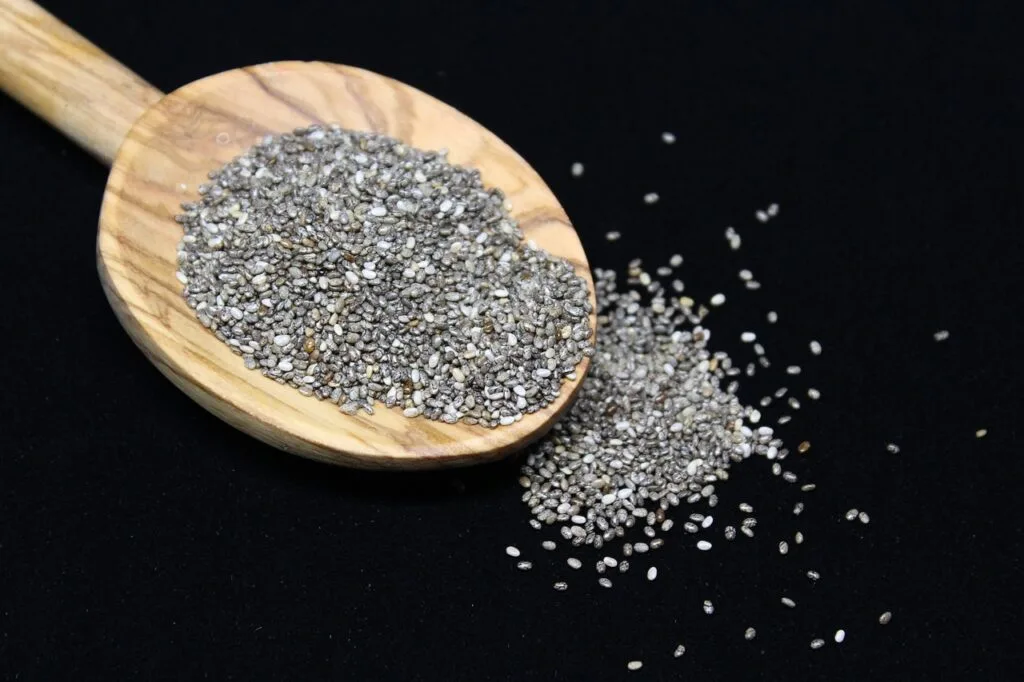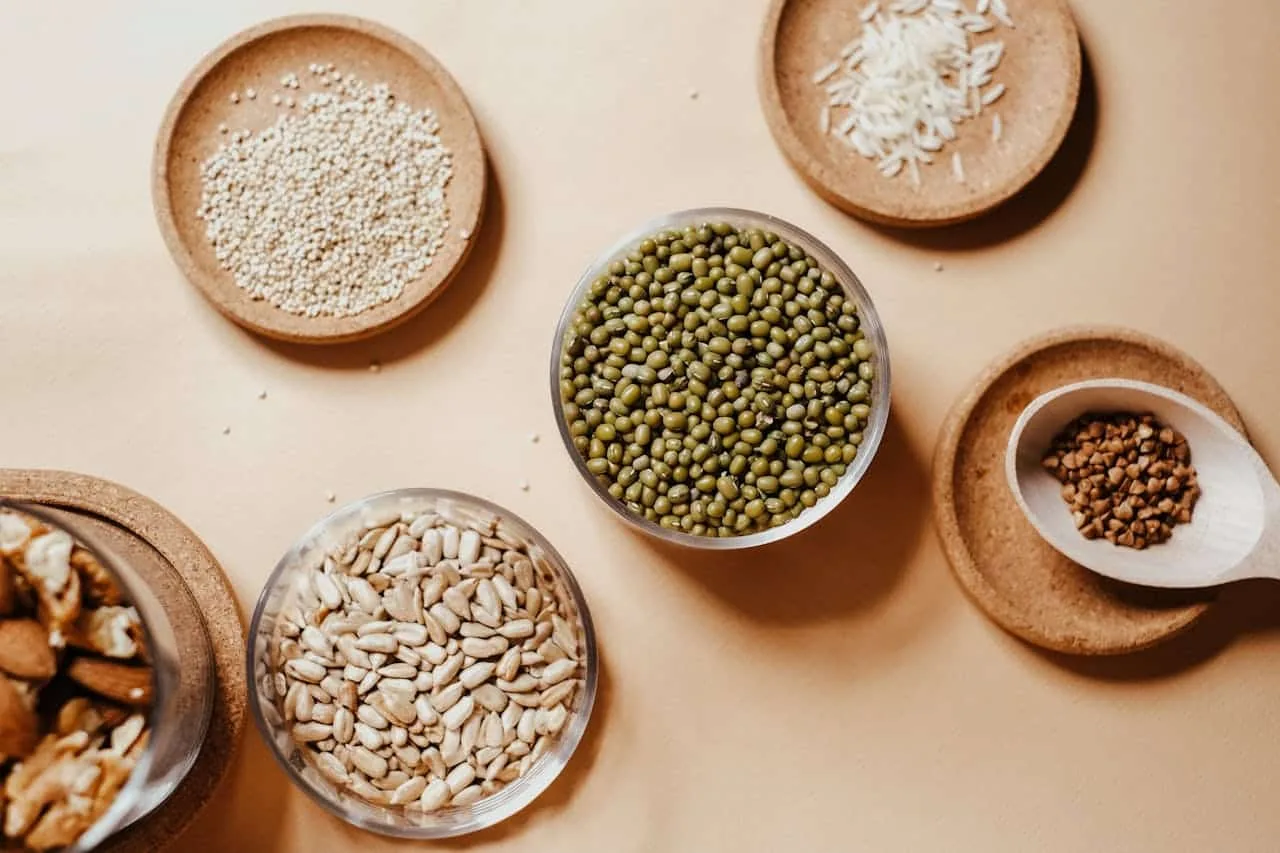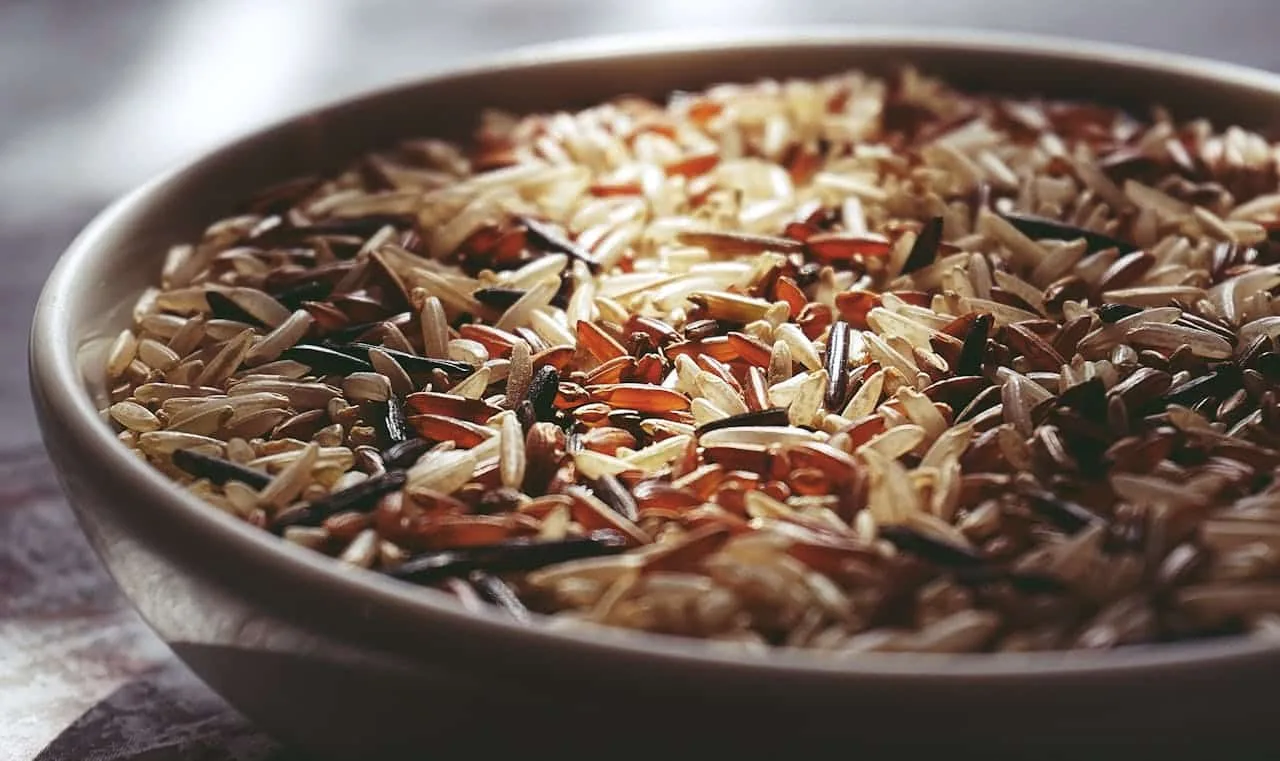What is Chia Seeds?
Chia seeds are the edible seeds of the Salvia hispanica plant, which belongs to the mint family. These tiny, oval-shaped seeds are native to Central America and have been a staple food for centuries, particularly among the Aztecs and Mayans.

What Do Chia Seeds Look Like?
Typically, chia seeds are small, oval-shaped, and have a speckled appearance with a mix of black and white spots.
Nutritional Powerhouse
Chia seeds are a nutritional goldmine, boasting an impressive array of essential nutrients. Here’s a breakdown of their nutritional profile:
- Fiber: Chia seeds are an excellent source of both soluble and insoluble fiber, which promotes digestive health, aids in weight management, and helps regulate blood sugar levels.
- Protein: Chia seeds provide a decent amount of plant-based protein, making them a valuable option for vegetarians and vegans.
- Omega-3 Fatty Acids: These heart-healthy fats are abundant in chia seeds, supporting cardiovascular health and reducing inflammation.
- Antioxidants: These compounds help protect your cells from damage and reduce oxidative stress.
- Minerals: Chia seeds are rich in essential minerals like calcium, phosphorus, magnesium, and zinc, which contribute to bone health, muscle function, and overall well-being.
Health Benefits of Chia Seeds
The impressive nutrient profile of chia seeds translates into a wide range of potential health benefits:
- Improved Digestive Health: The high fiber content in chia seeds promotes regular bowel movements, prevents constipation, and supports gut health.
- Bone Health: The calcium and phosphorus content in chia seeds supports bone health and strength, especially important for women and older adults.
- Heart Health: The omega-3 fatty acids in chia seeds help lower blood pressure, reduce inflammation, and improve cholesterol levels, thereby reducing the risk of heart disease.
- Blood Sugar Control: The fiber in chia seeds helps slow down the absorption of glucose, leading to better blood sugar control. This can be beneficial for individuals with diabetes or those at risk of developing it.
- Weight Management: Chia seeds can help you feel fuller for longer, reducing overall calorie intake and aiding in weight loss.
- Reduced Inflammation: The antioxidants and omega-3 fatty acids in chia seeds have anti-inflammatory properties, which can benefit various health conditions.
Incorporating Chia Seeds into Your Diet
Chia seeds are incredibly versatile and can be easily incorporated into your daily diet. Here are some ideas:
Add to Smoothies: Chia seeds blend seamlessly into smoothies, providing a boost of nutrients and creating a thicker texture.
Sprinkle on Yogurt or Oatmeal: Enhance the nutritional value of your breakfast by topping it with chia seeds.
Make Chia Pudding: Combine chia seeds with plant-based milk, sweetener, and flavorings to create a delicious and healthy dessert.
Sprinkle on Salads: Add a crunchy texture and extra nutrients to your salads with chia seeds.
Cautions and Considerations
While chia seeds are generally safe for consumption, it’s essential to follow a few guidelines:
Hydration: Chia seeds absorb liquid, so it’s important to drink plenty of water when consuming them.
Allergies: Some individuals may have allergies to chia seeds. If you experience any adverse reactions, discontinue use and consult a healthcare professional.
Interactions with Medications: Chia seeds can interact with certain medications, such as blood thinners. Consult your doctor if you have any concerns.
Summary
Chia seeds are tiny but nutrient-packed powerhouses. These ancient grains are rich in fiber, omega-3 fatty acids, protein, and antioxidants. They offer numerous health benefits, including improved digestion, heart health, and blood sugar control. Chia seeds are versatile and can be easily incorporated into your diet through smoothies, yogurt, oatmeal, baking, and salads.
Follow Us on Instagram






